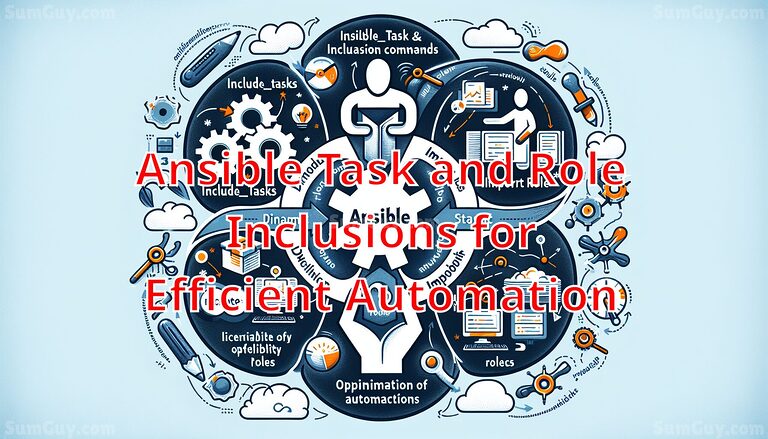Navigating the Storm: Analysis of Intel’s 13th and 14th Gen CPU Instability Issues
Today we delve into the recent instability issues plaguing Intel’s 13th and 14th generation CPUs, exploring the technical glitches, consumer impacts, and Intel’s response strategies. From elevated voltages causing irreparable damage to ongoing BIOS updates aimed at mitigation, we examine how these challenges have affected user experiences and Intel’s market reputation. Further, we discuss the broader implications for future CPU technology and how Intel plans to prevent such issues, ensuring reliability alongside innovation in the ever-evolving semiconductor landscape.






